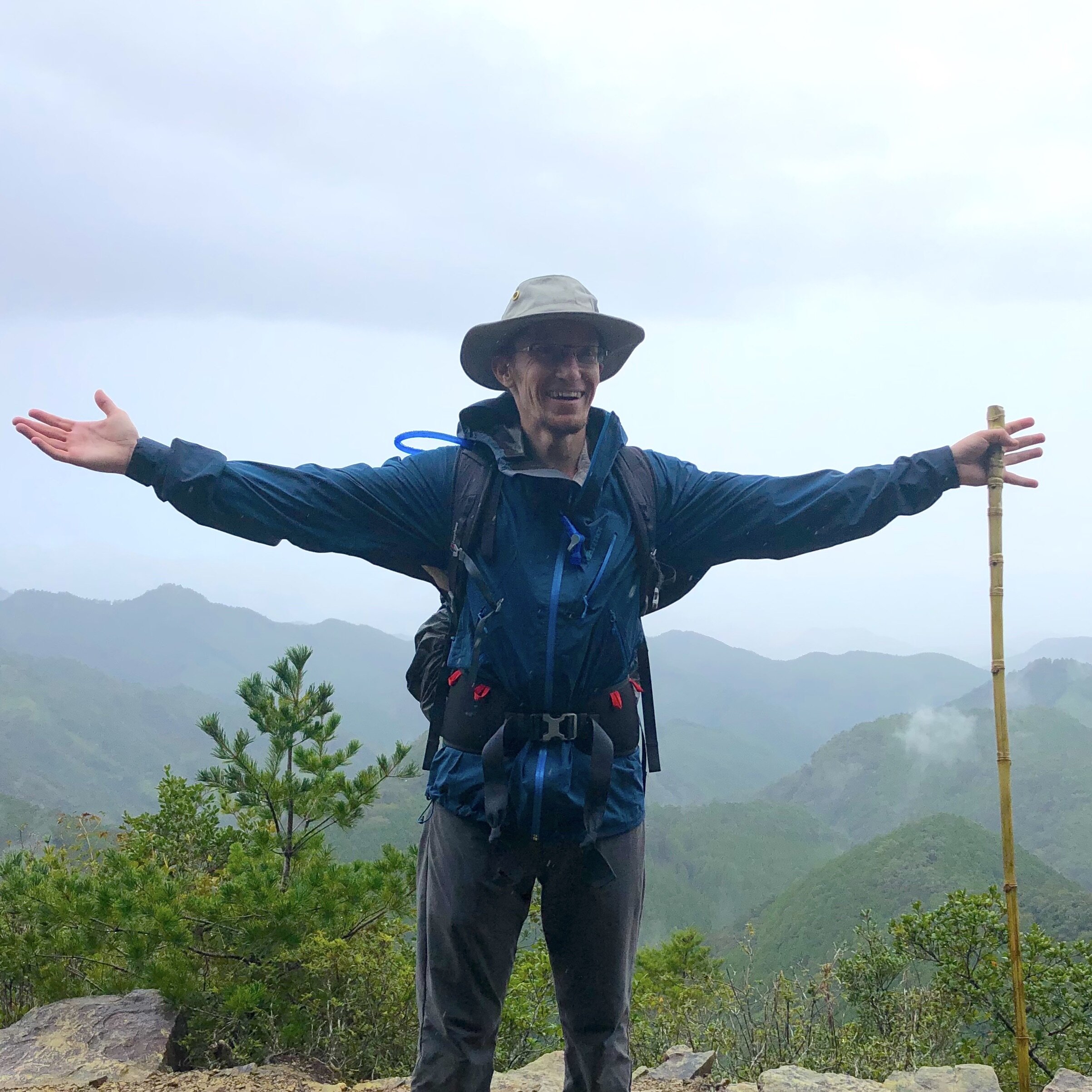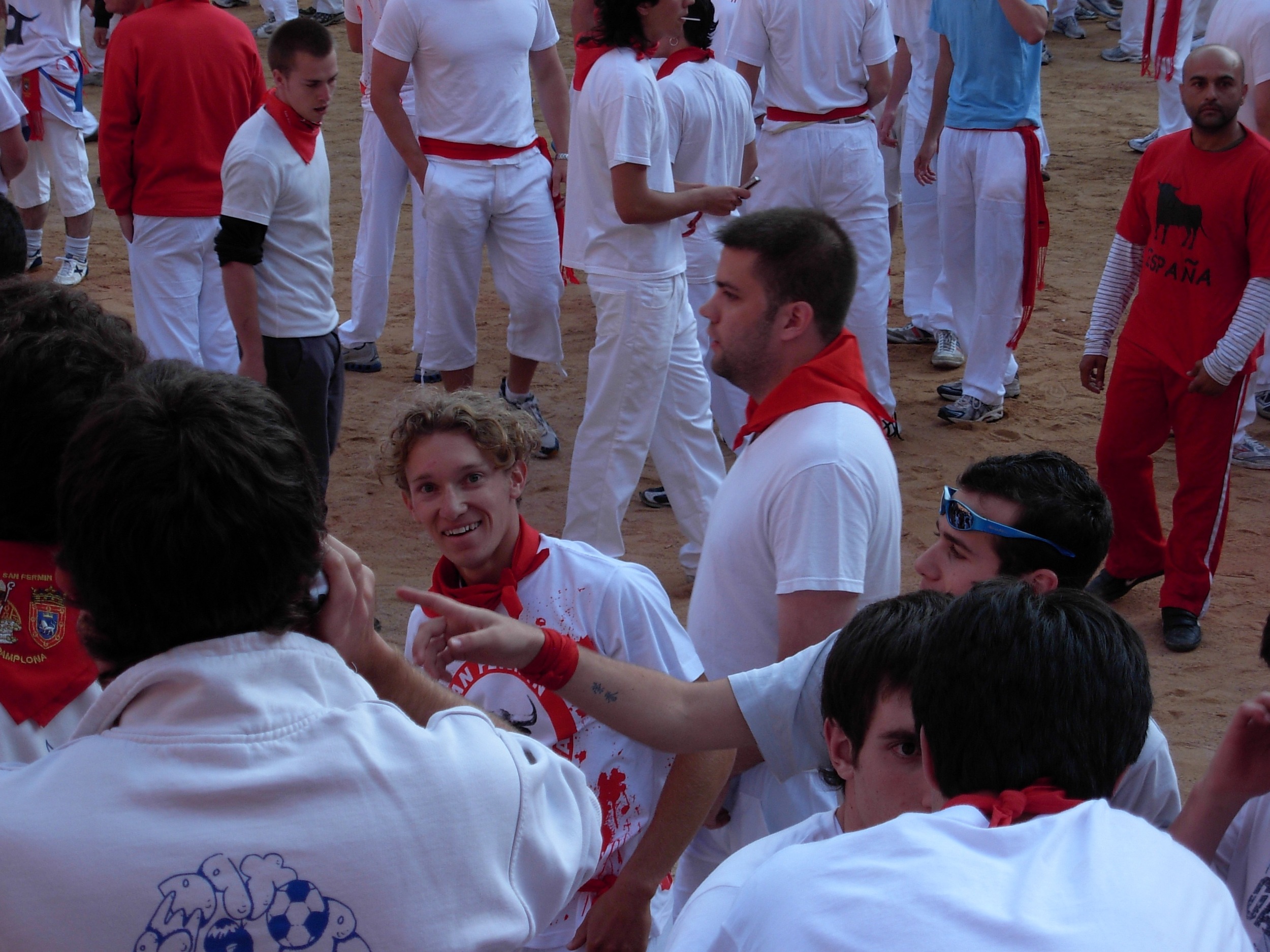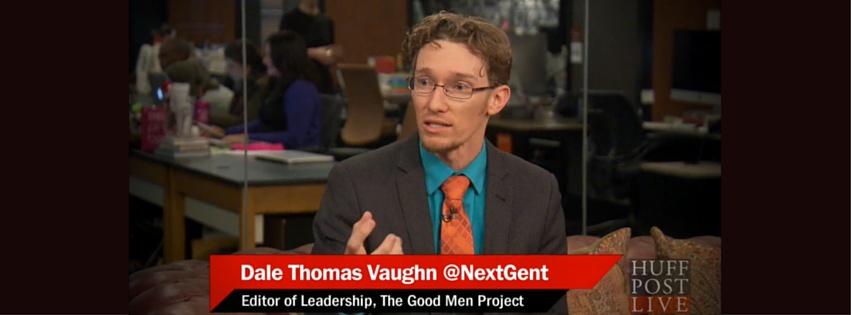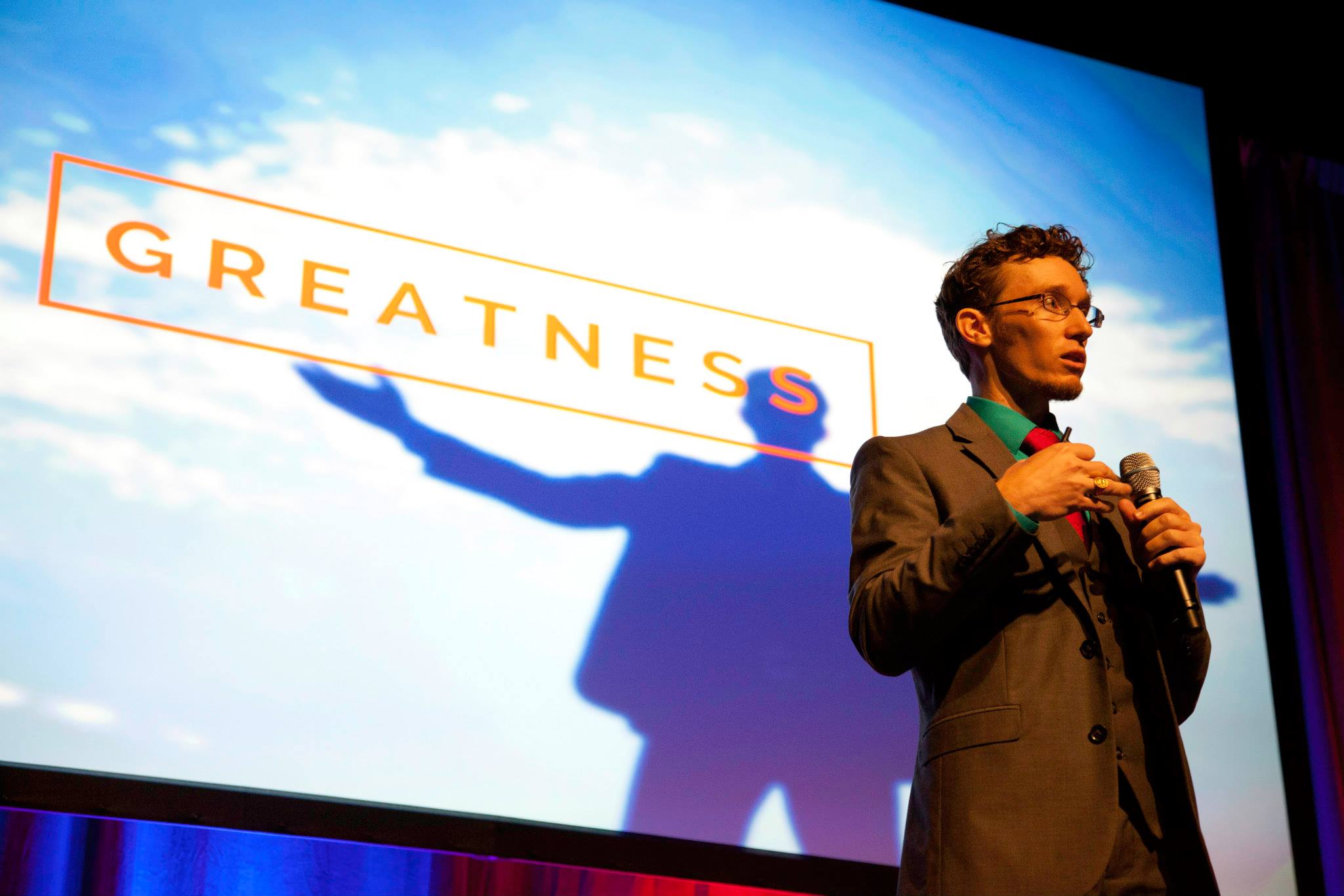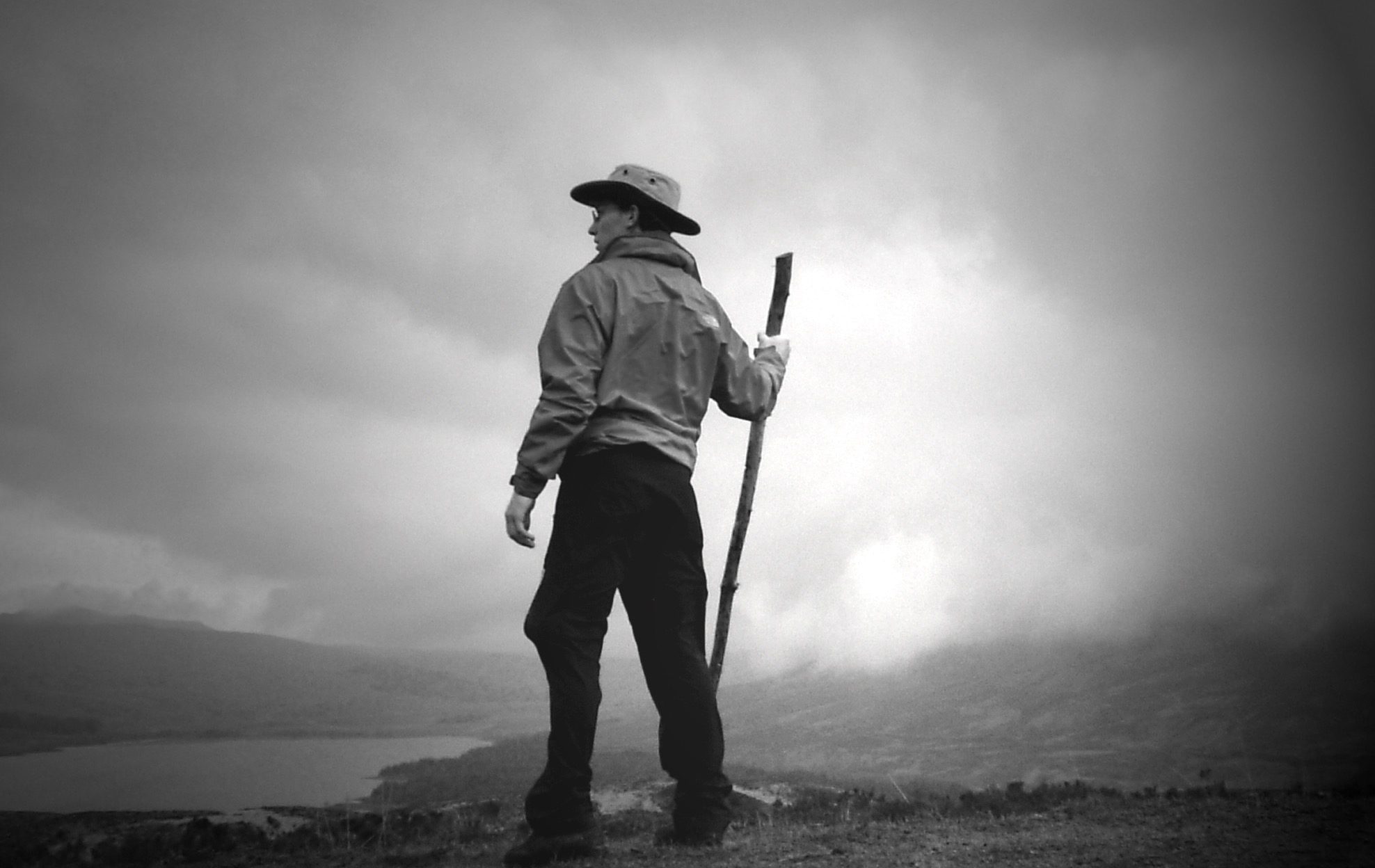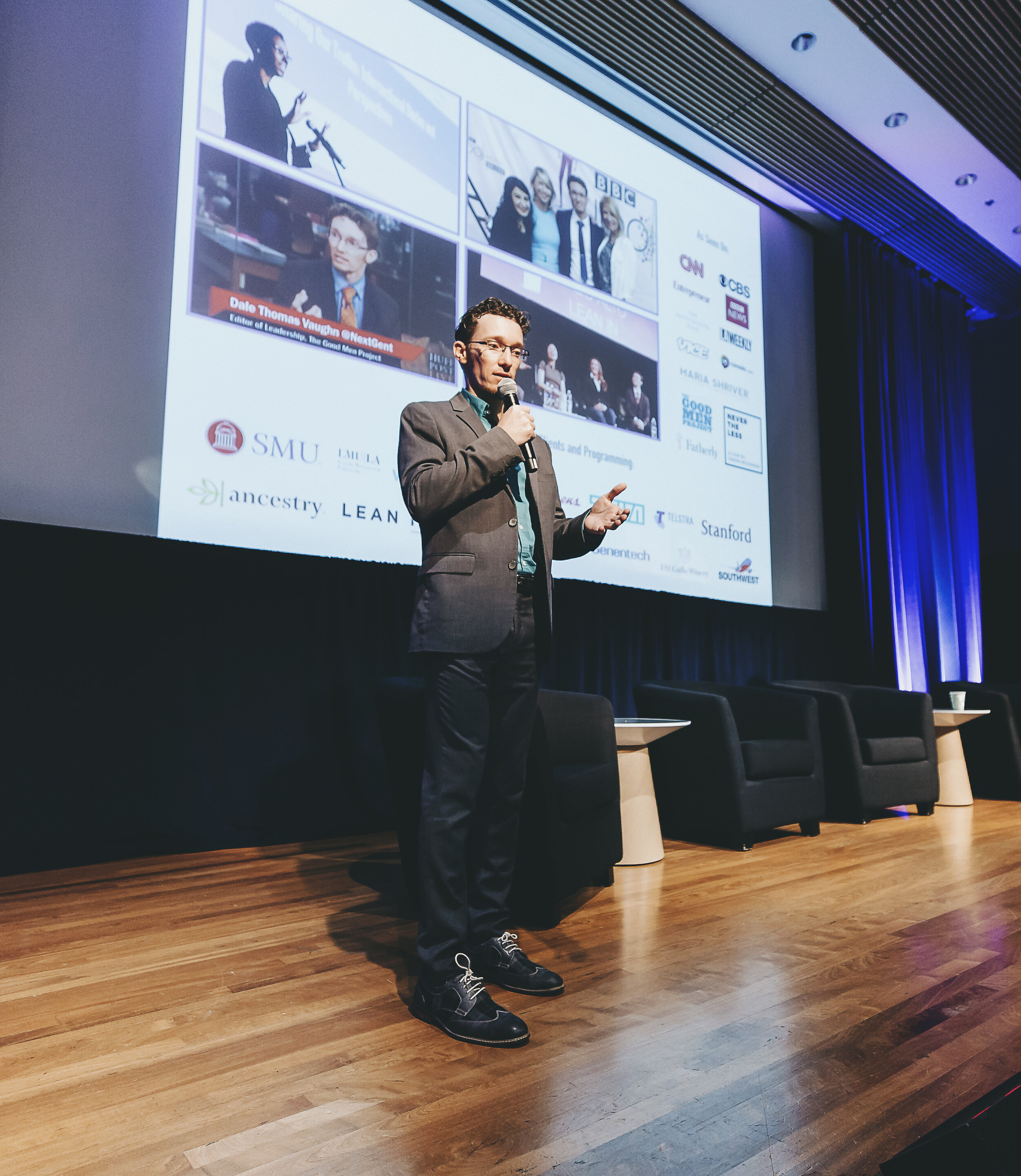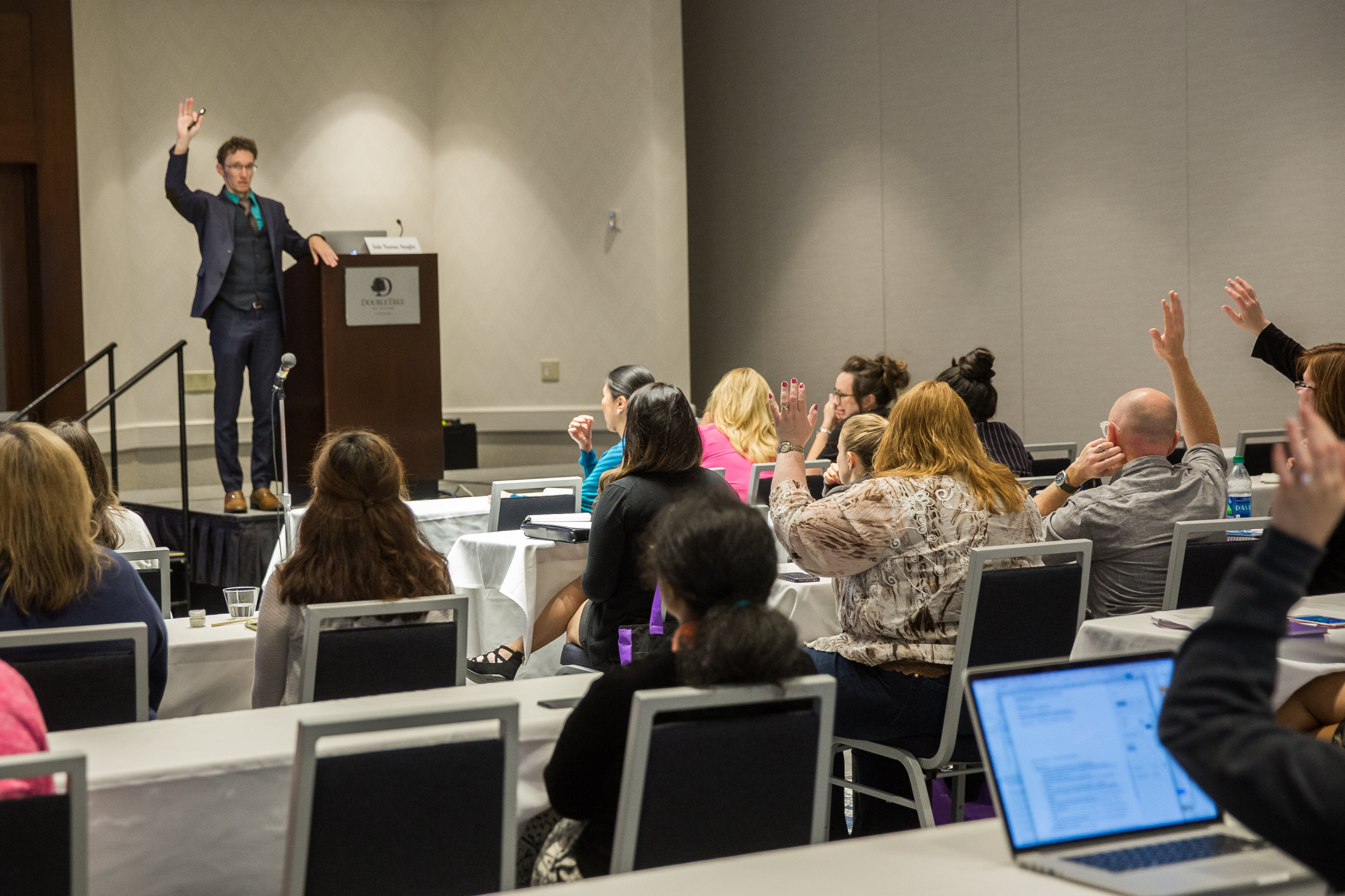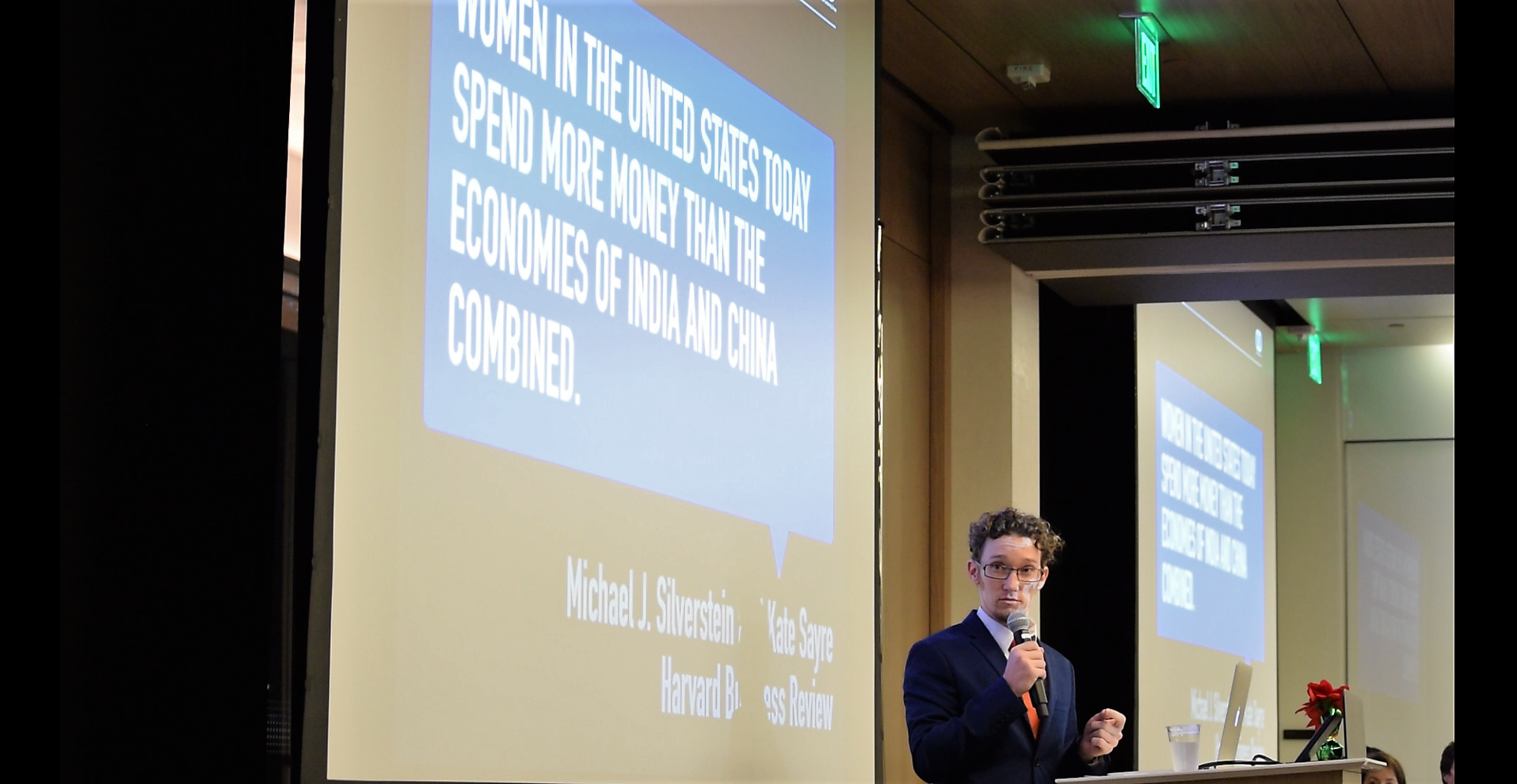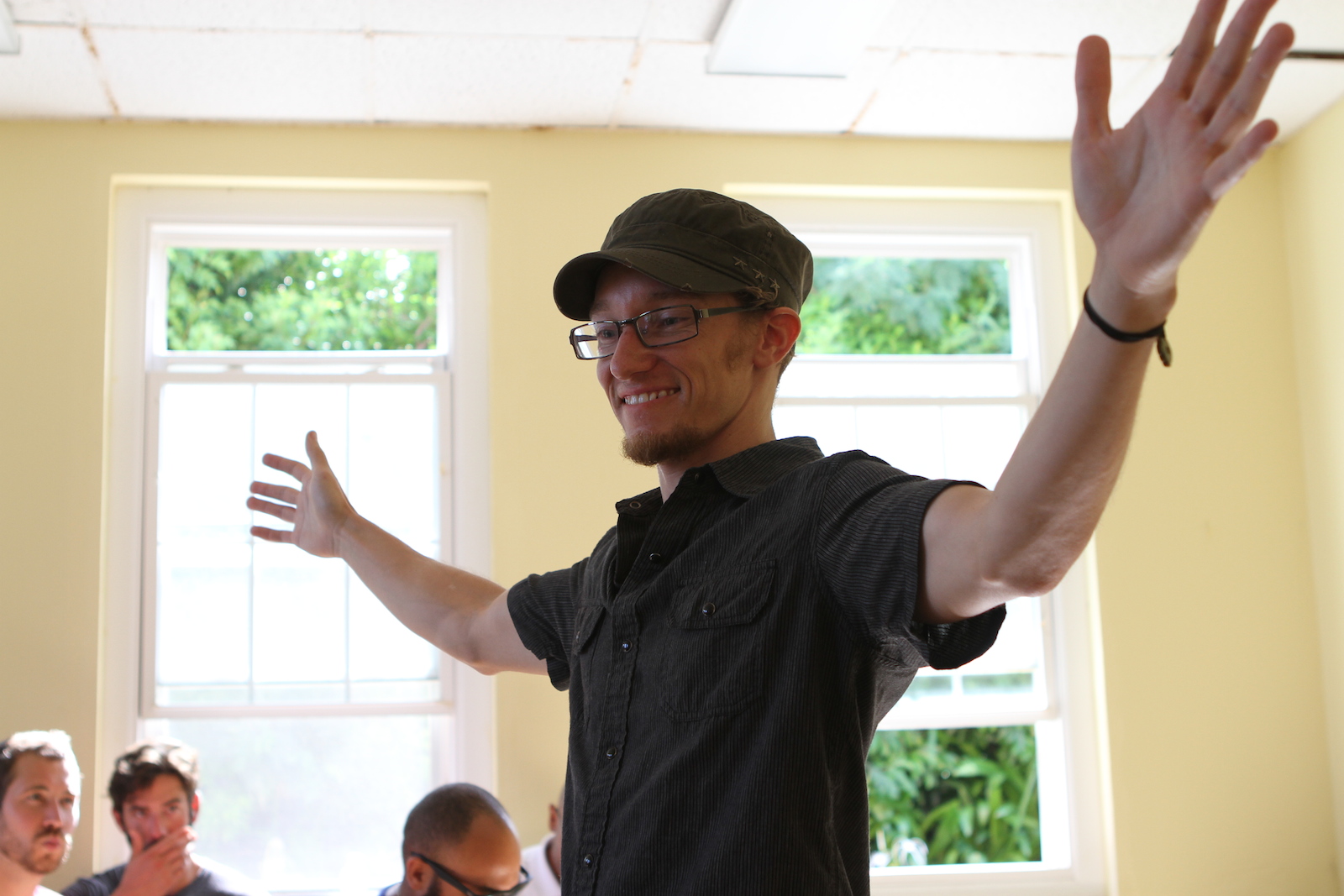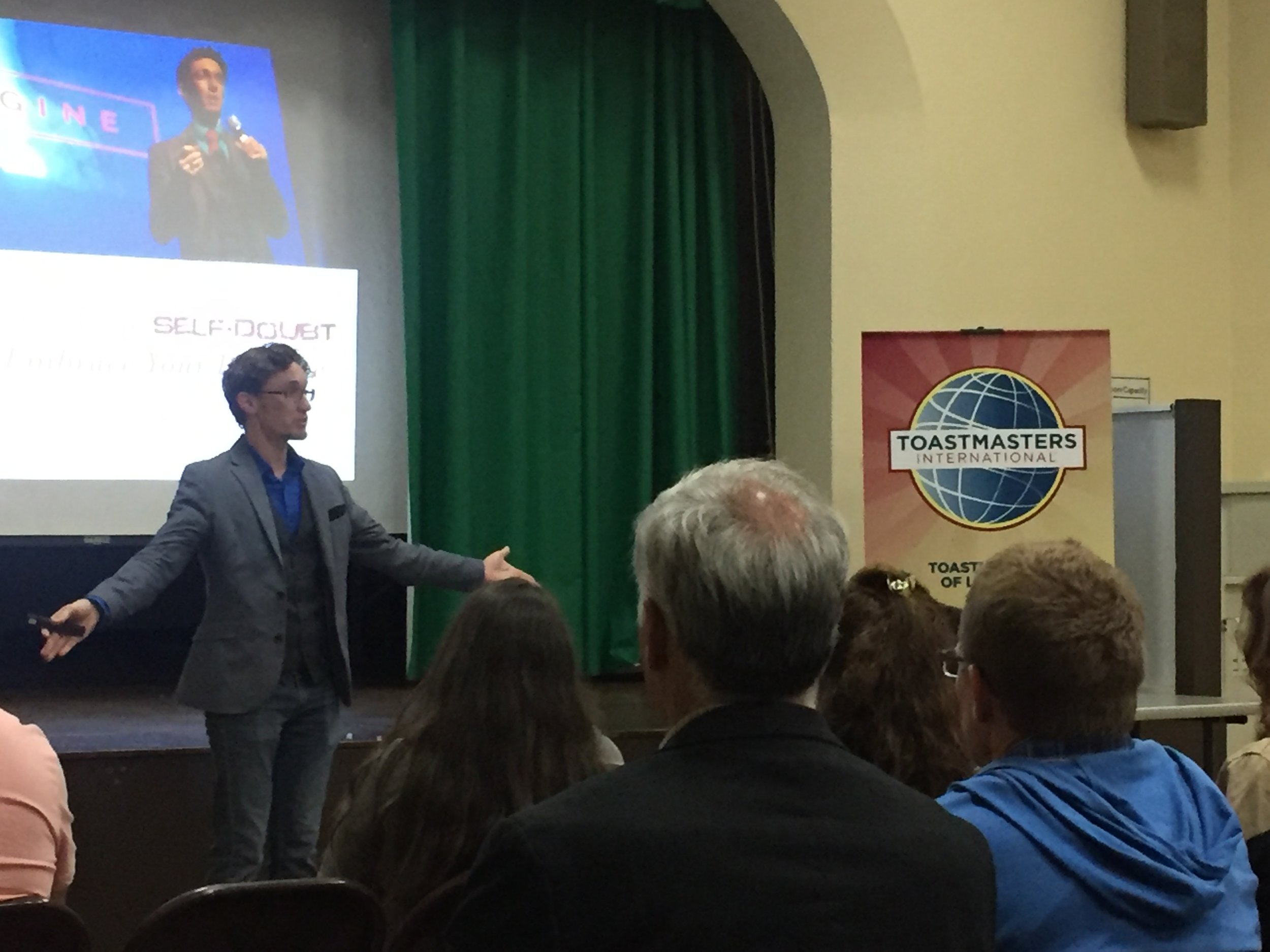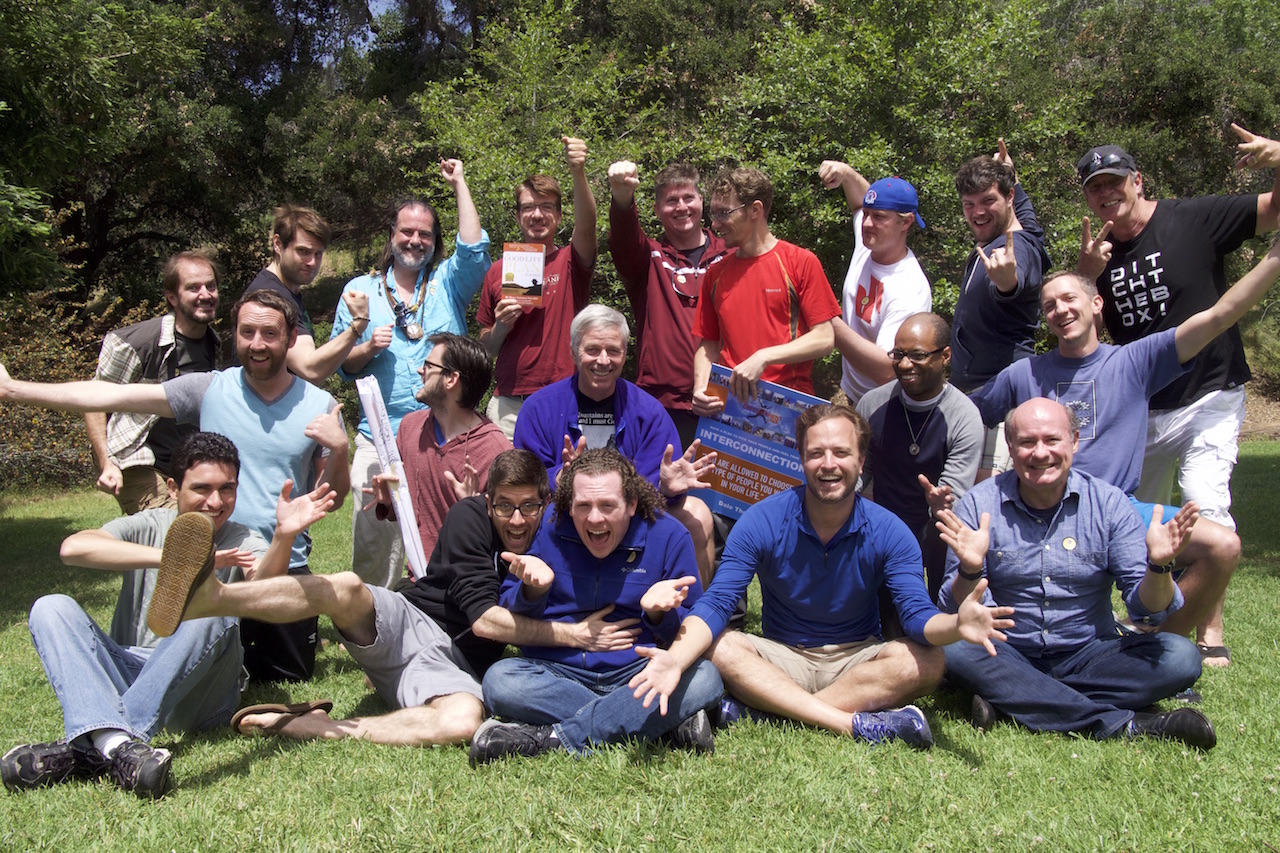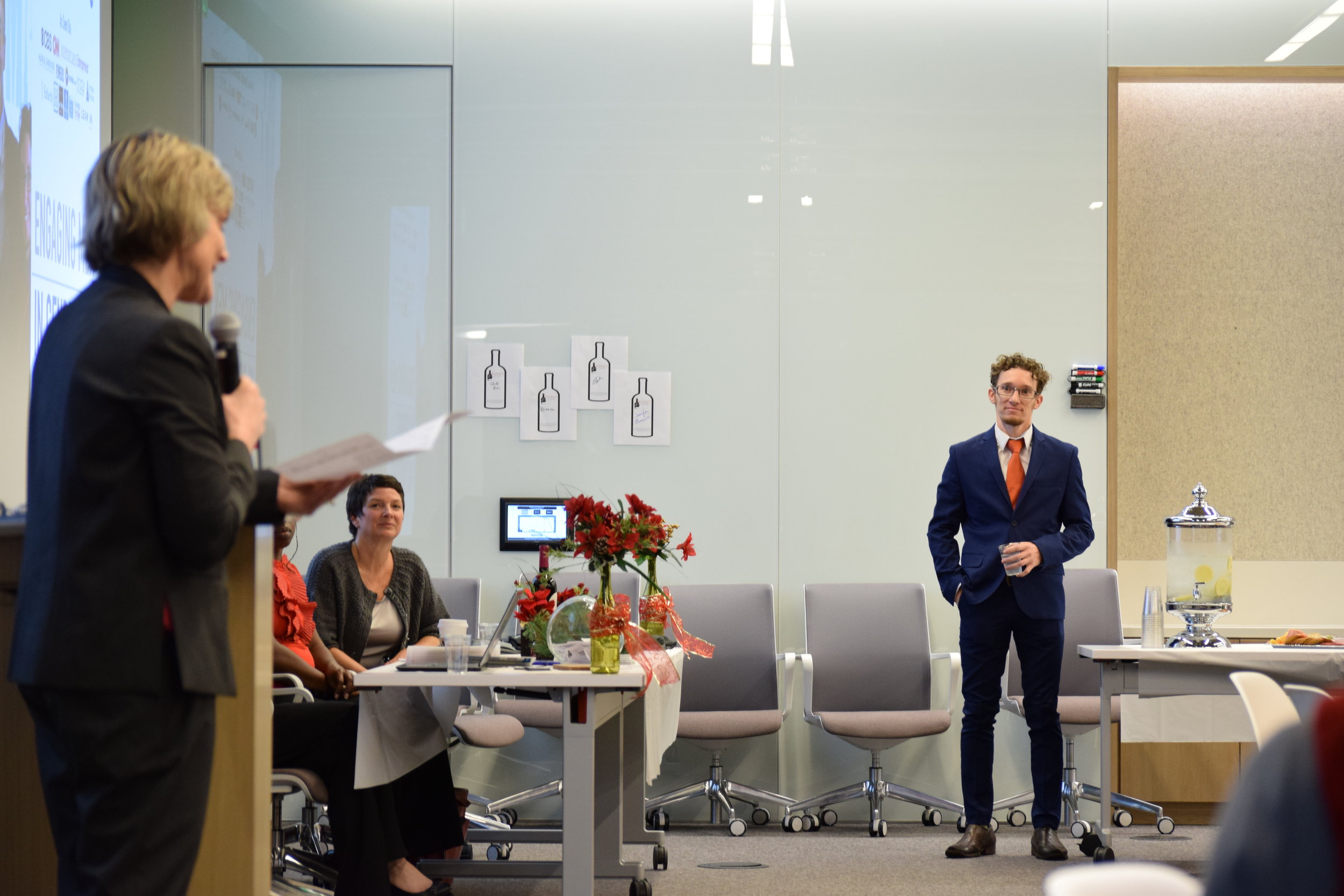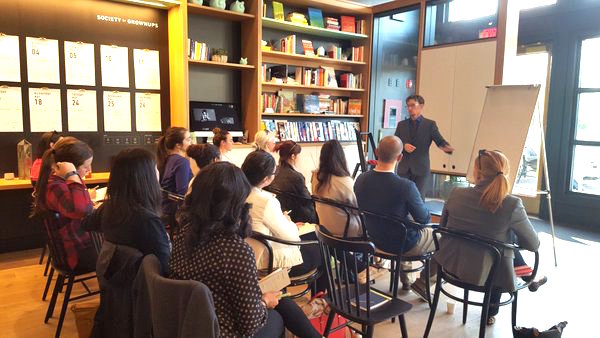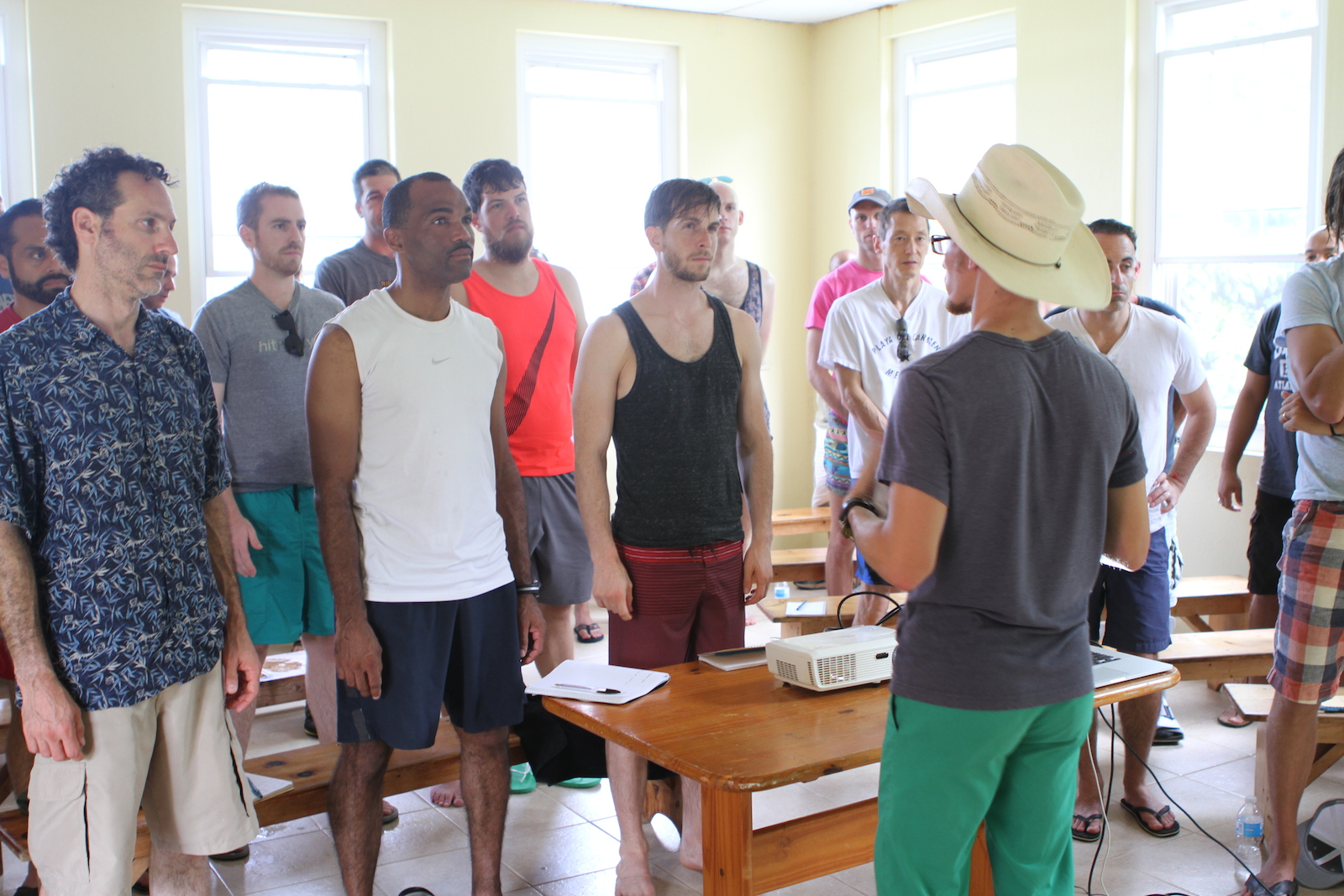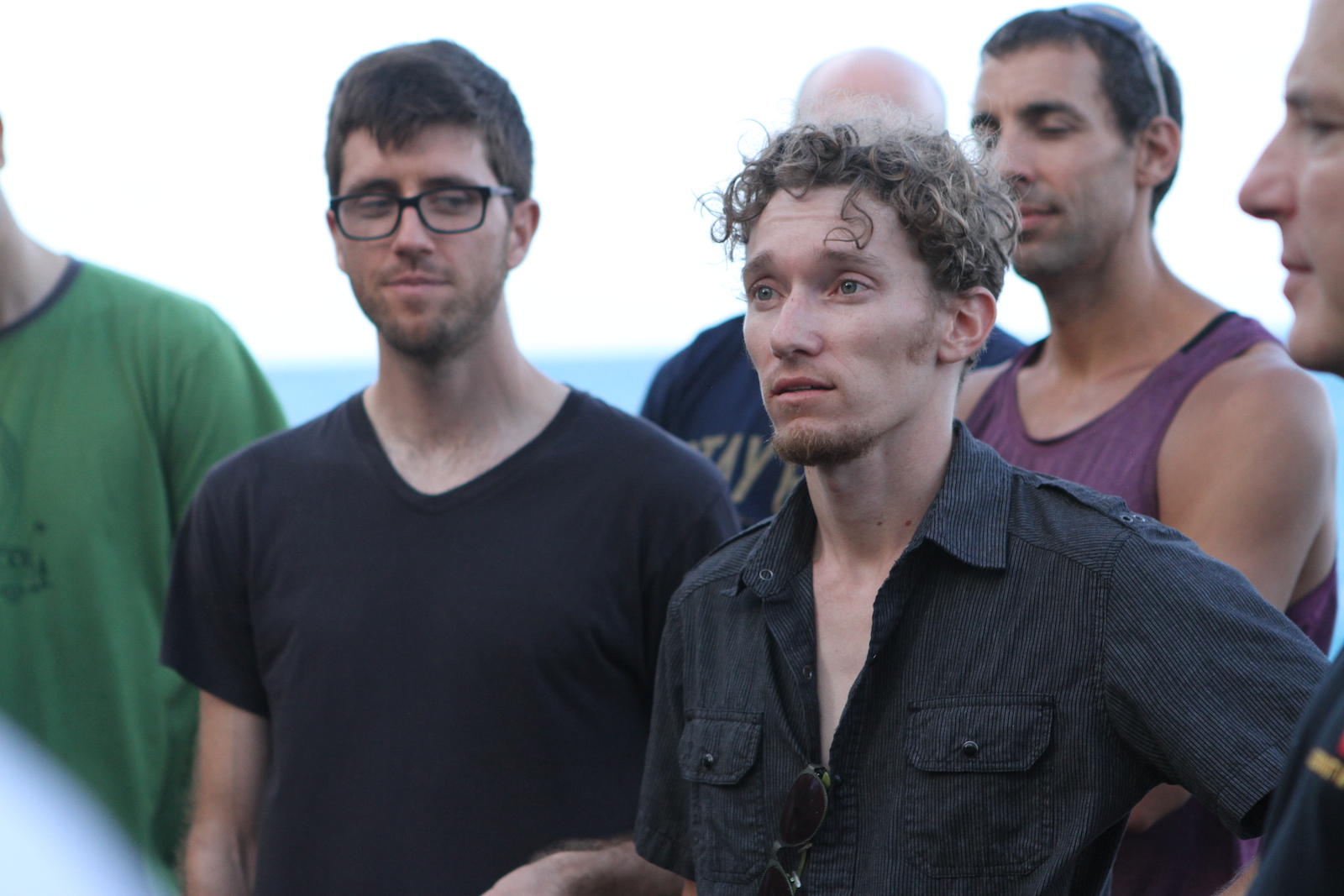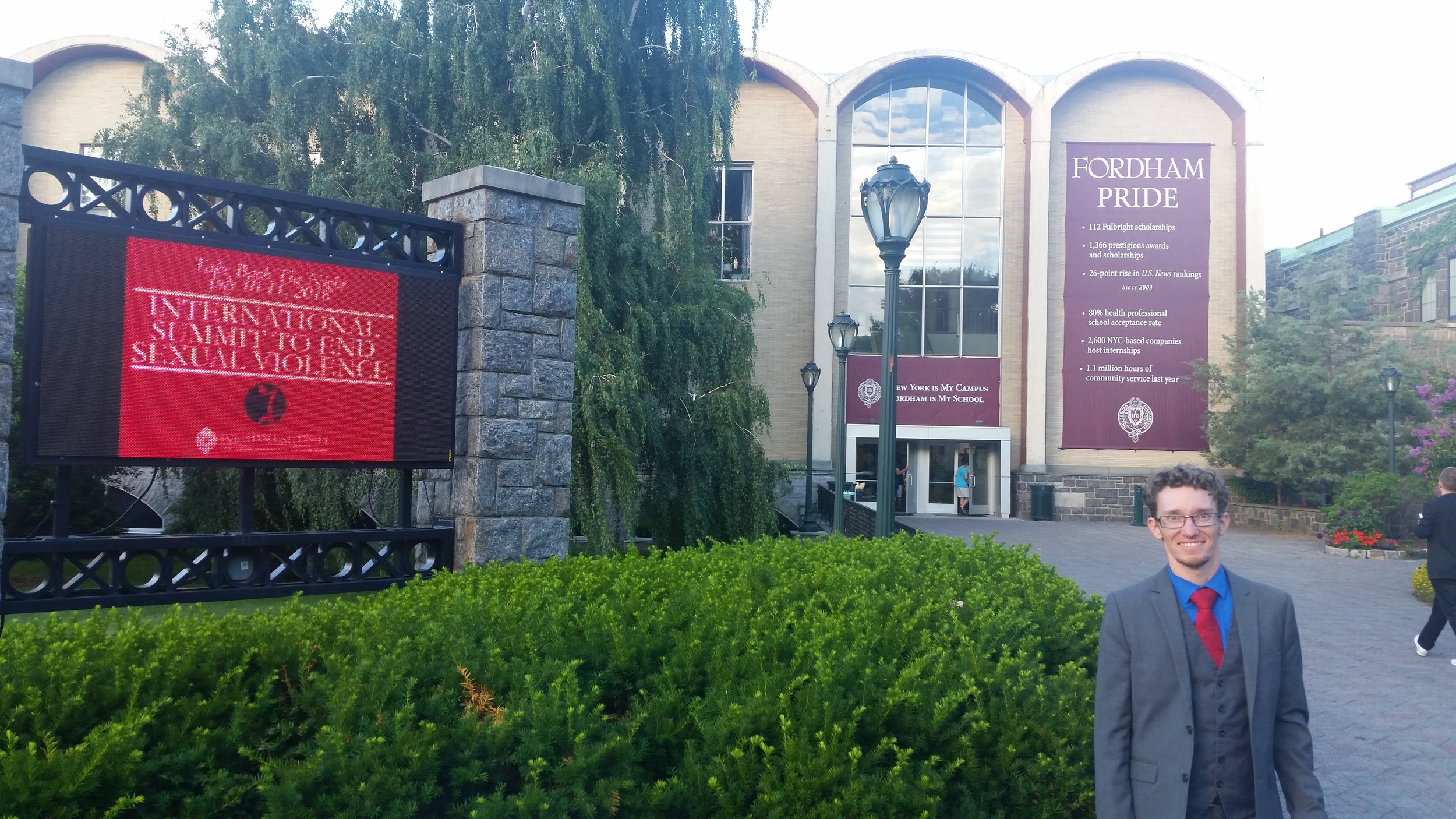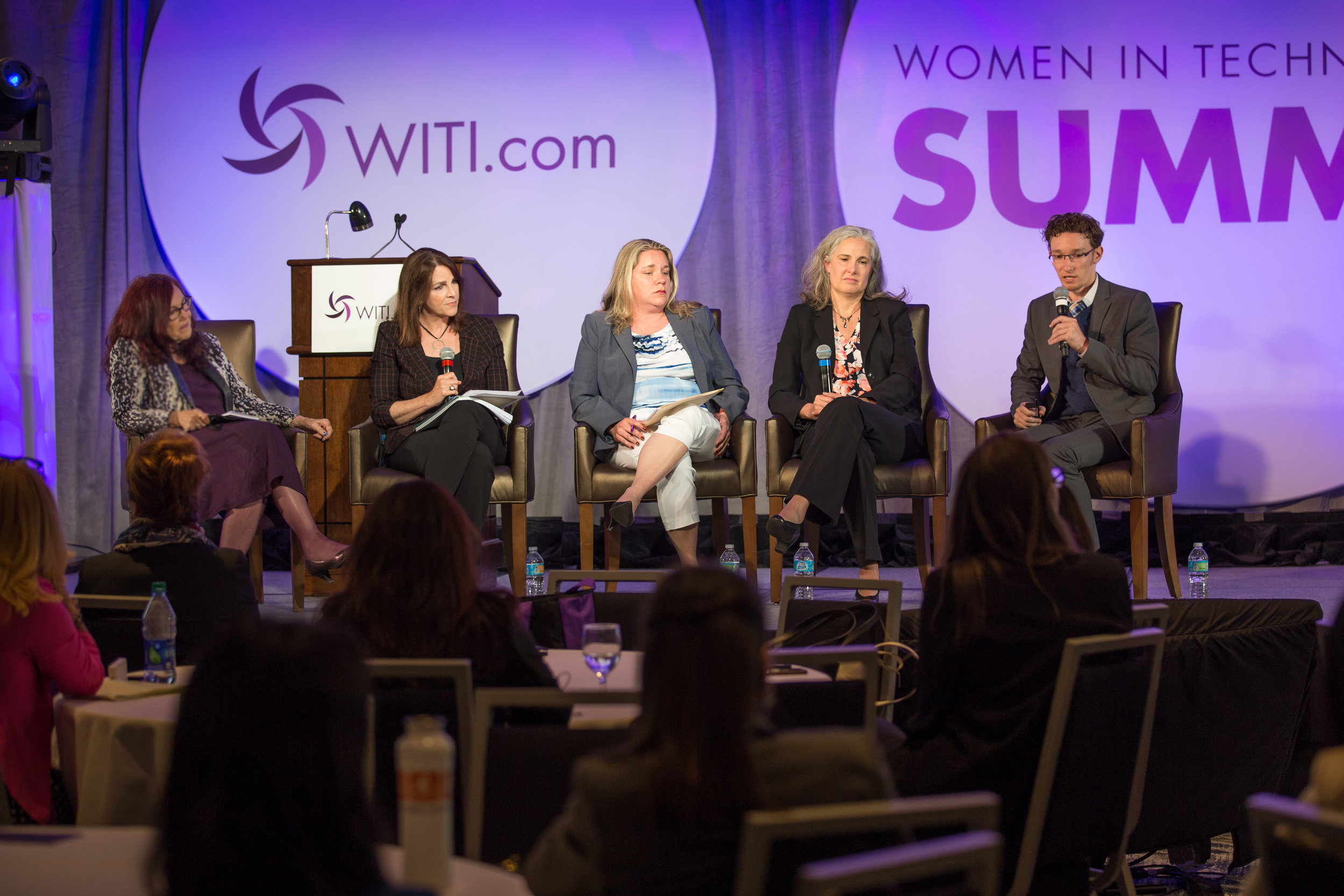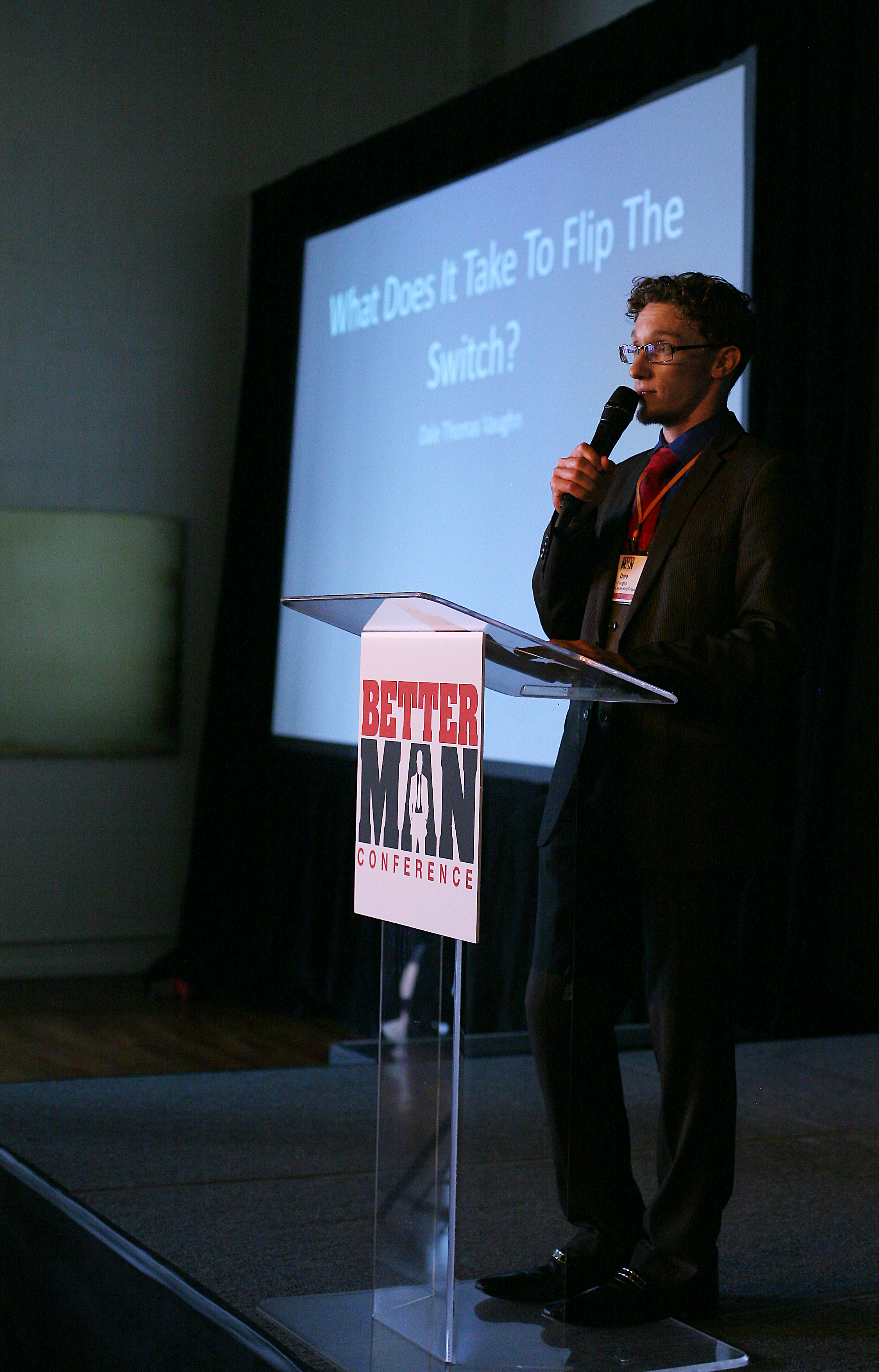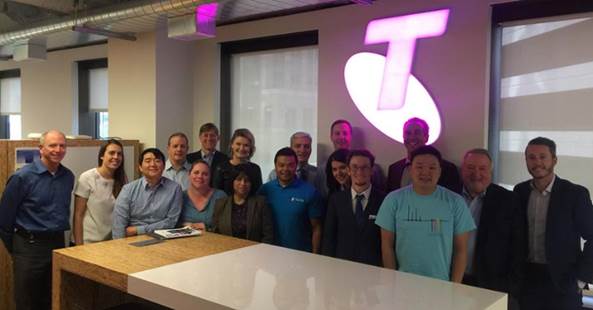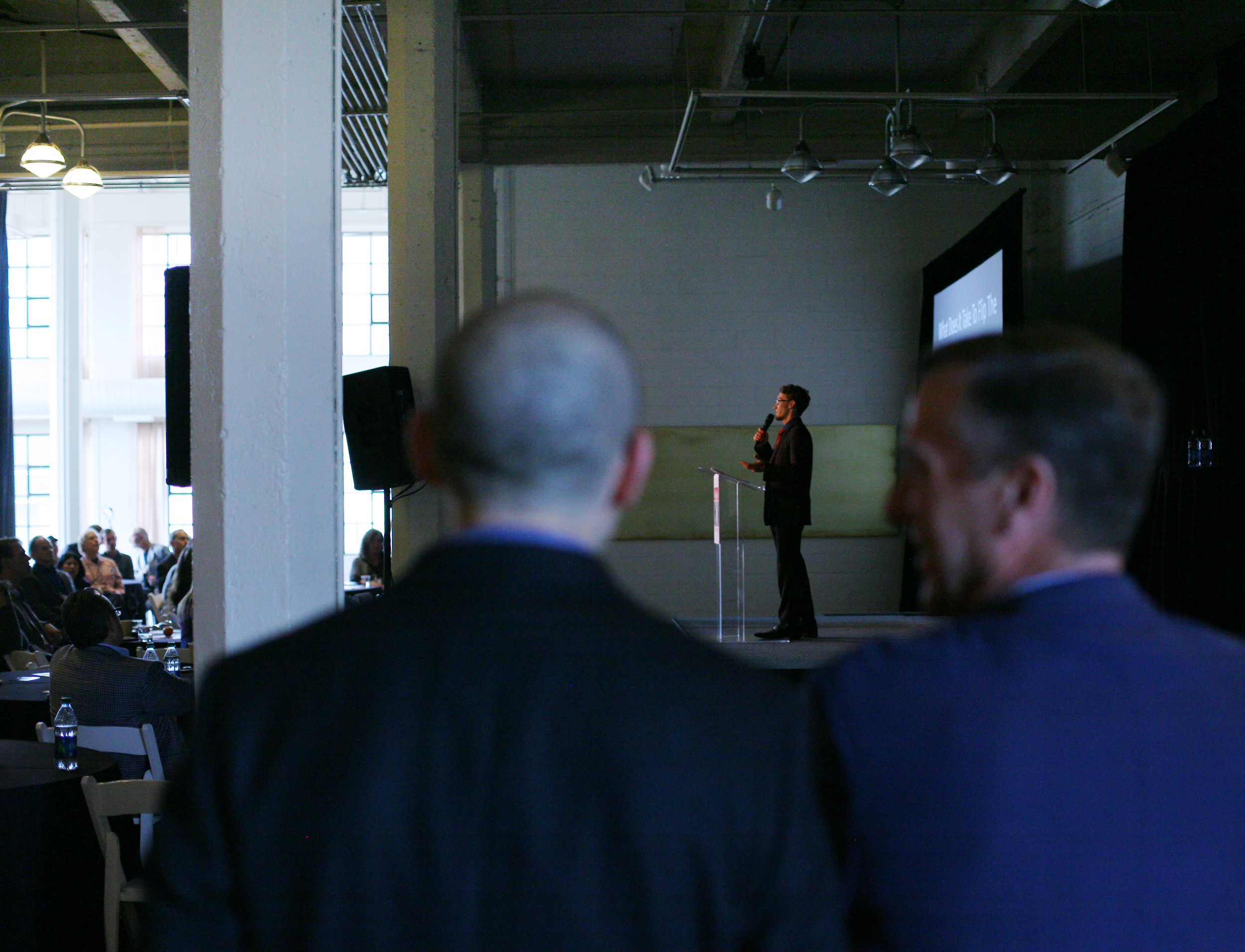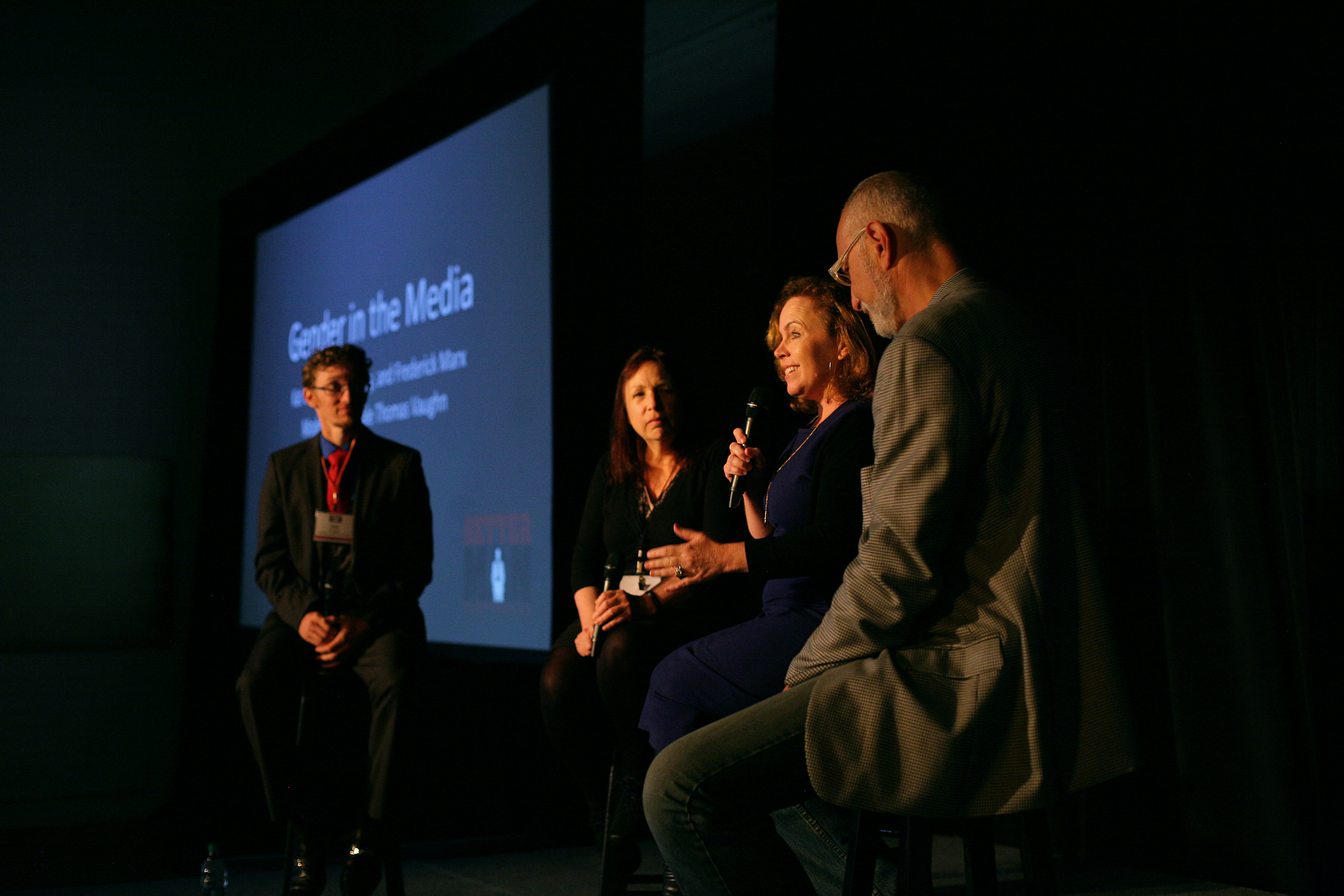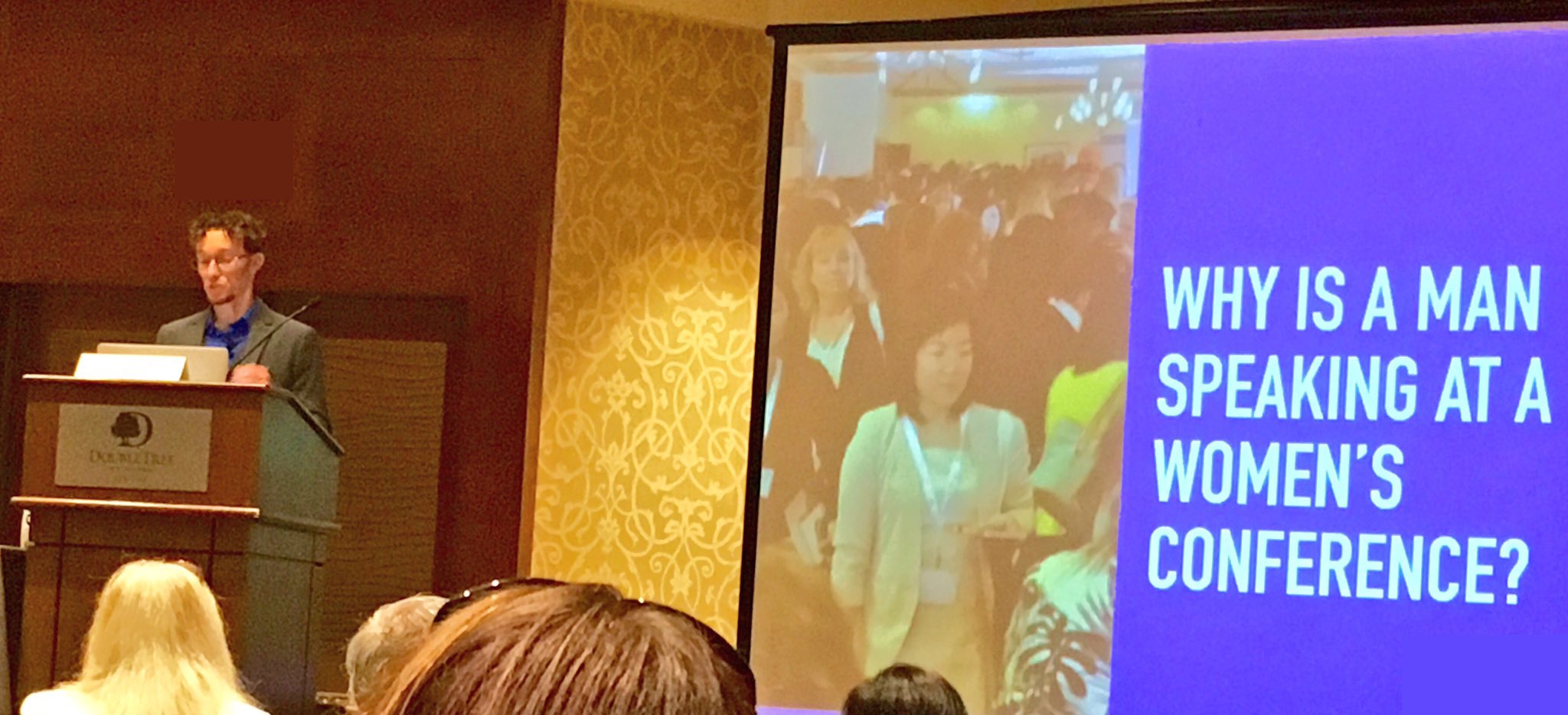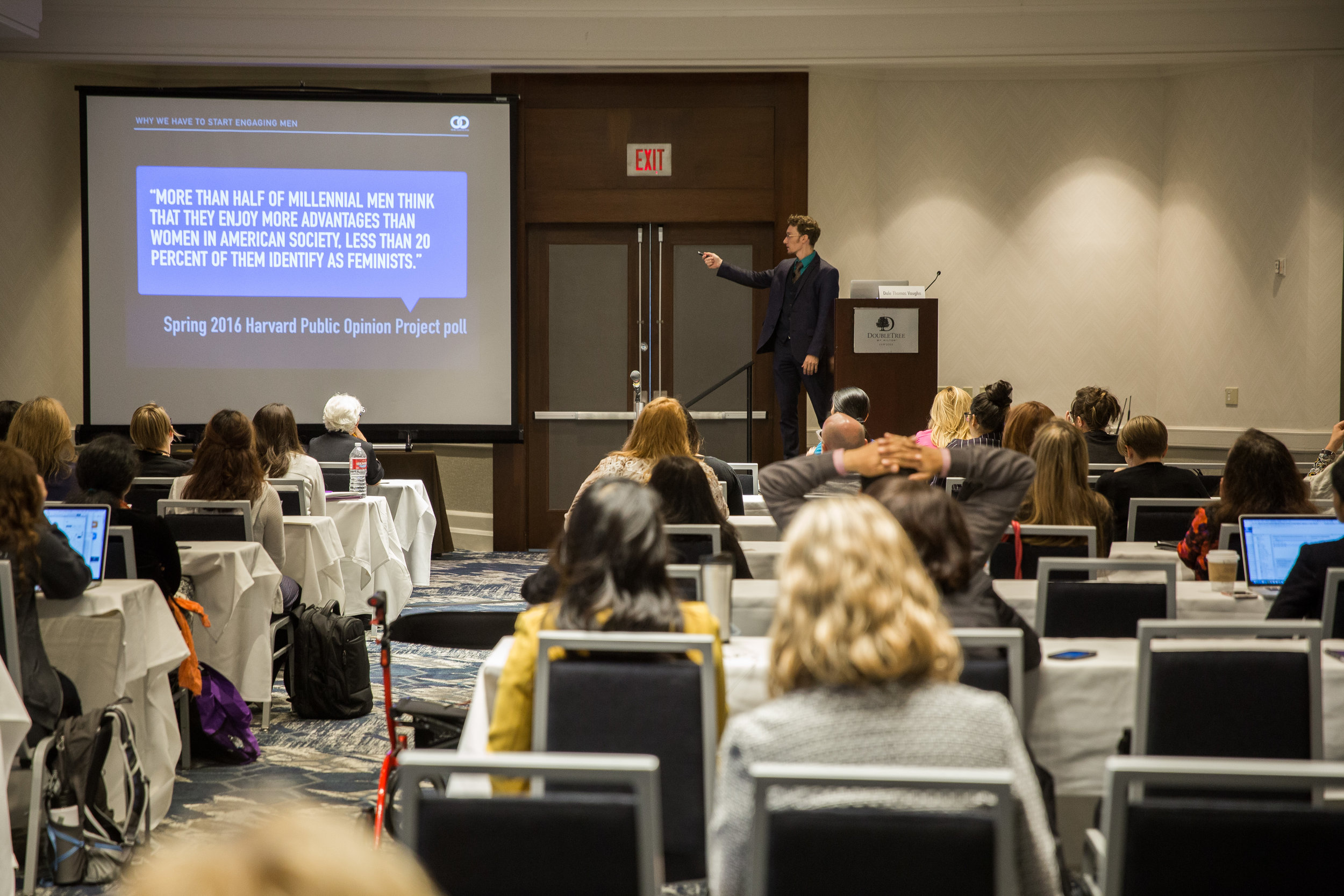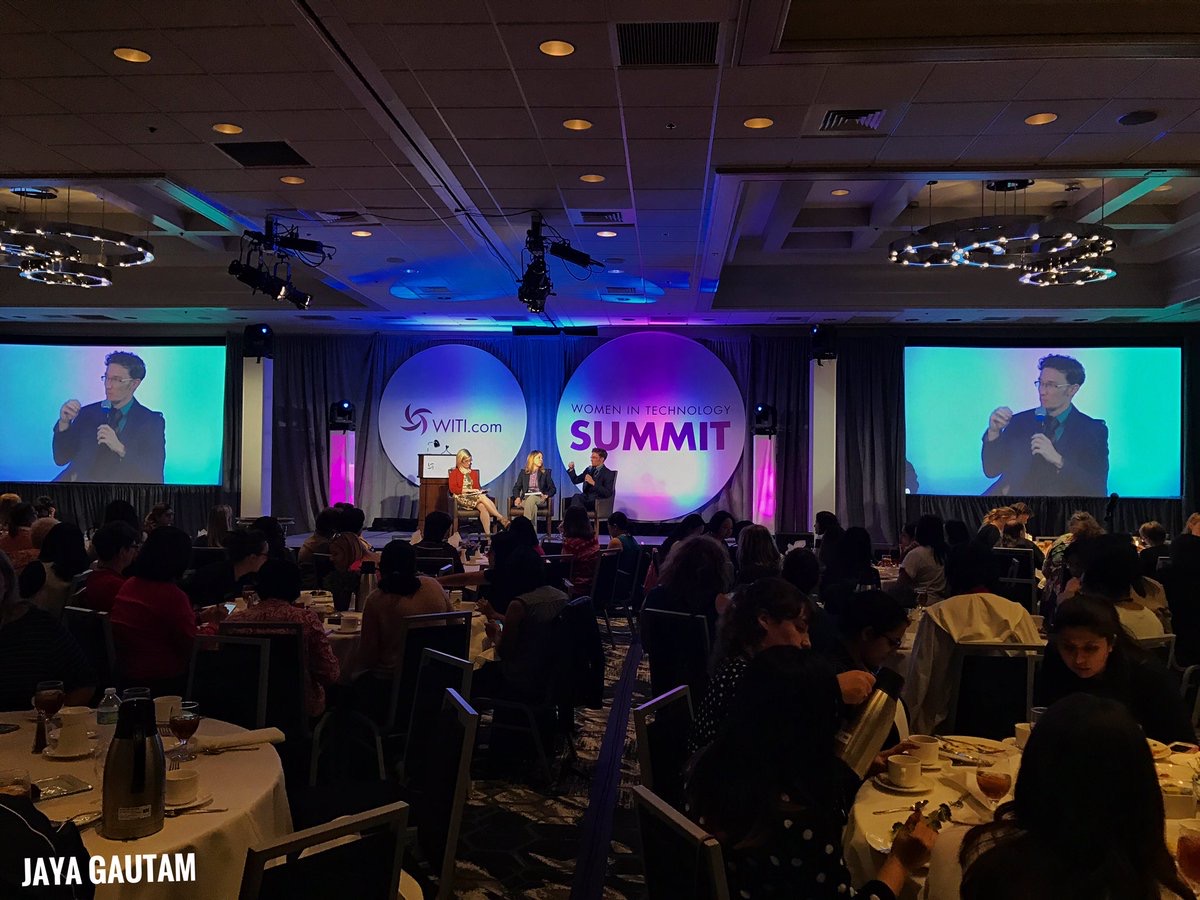TL;DR: Bio
Dale Thomas Vaughn
Author, Speaker, and Builder of Better Worlds
By day, I craft speeches and narratives for leaders in the tech world, shaping how executives at companies like Microsoft or Google communicate their vision. By night, I build entire universes of speculative fiction, blending science fiction, fantasy, and historical imagination into stories that explore humanity’s big questions. A running joke among my peers: more of my work has been seen at Davos or in Wired Magazine than at WorldCon or in fiction magazines—but both sides of my writing career share a love for compelling storytelling and transformative ideas.
As the author of Birthright: Recall—and a TED speaker on redefining masculinity, I’ve spent my career exploring what it means to build a better world. My work has been featured on CNN, BBC, and in the documentary NEVERTHELESS, and I've spent two decades advancing gender equity and emotional intelligence as core themes in my writing and speaking.
In 2023, I launched Space Bar, a space-themed cocktail lounge in Pittsburgh, where imagination and molecular mixology collide. The success of Space Bar inspired my next adventure: founding the SpaceBurgh Festival, an annual celebration of space science, robotics, and sci-fi culture that highlights Pittsburgh’s role as an emerging space city.
Writing Worlds, Past and Present
My journey as a writer began with the fevered, late-night drafts of my first novel, completed during NaNoWriMo in 2012. That book, along with others I’ve written on wine, beer, and leadership, helped lay the groundwork for my indie-published Birthright series, where science fiction meets the deepest questions of humanity. I’ve had short stories published in magazines, and I’m currently shopping The Stillness, a novel blending magical realism and historical fiction to reimagine Camelot in 1840s Texas. My focus remains on speculative fiction that asks big questions and explores human connection.
I was born in Houston, Texas, where my grandfathers—one a NASA engineer, the other a master tunneler—showed me how to build worlds both literal and metaphorical. These roots shaped my fascination with launching big ideas, and my path has taken me from running with the bulls in Pamplona to trekking UNESCO-certified pilgrimages, from speaking on global stages to building startups and crafting immersive experiences.
I’ve co-founded the Better Man Conference, spoken alongside legends like Gloria Steinem, and worked with companies like Microsoft, Google, Facebook, Southwest Airlines, and Ticketmaster. At Microsoft, I craft executive narratives and built thriving team cultures in the tech world. At Space Bar, I’ve created not just cocktails but community—pioneering an inclusive, out-of-this-world experience.
Core Influences and Philosophy
The Renaissance Man: To live fully means to be eternally curious and to embrace all life has to offer.
Stoicism and Absurdism: Life’s impermanence demands acceptance, and the absurd invites us to find joy in the unpredictable.
Integrated Systems Thinking: Inspired by Buckminster Fuller, I believe in designing interconnected systems that amplify positive impact.
Recent Highlights
Space Bar Pittsburgh: Where craft cocktails meet cosmic curiosity. Signature drinks like the "Tart-ooine Sour" and "Darth Vapor" have gained a cult following, and our space-inspired events are redefining nightlife in Pittsburgh.
SpaceBurgh Festival: Bringing together space scientists, roboticists, and sci-fi fans to explore the wonders of the universe, all in the heart of Pittsburgh.
How I Define Success
Success isn’t about the destination; it’s about consistent momentum. Whether writing a novel, building a business, or leading a team, I focus on creating systems that sustain growth and joy. To me, the journey itself is the magic.
When I’m not writing, speaking, or working on my next big idea, you’ll find me walking ancient trails, playing dodgeball, brewing beer in my basement, or sharing a quiet evening with my wife, Elizabeth, in our garden on a hill in Pittsburgh.
Let’s build something extraordinary together.
